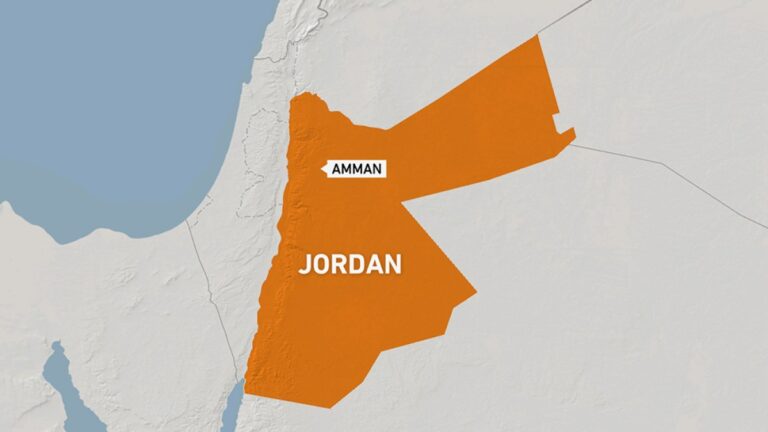Introduction to Renewable Energy and Geopolitics
The relationship between the United States and the Middle East has historically been shaped by various factors, predominantly oil. However, as the world transitions toward renewable energy sources, the dynamics of this relationship are evolving. Renewable energy technologies—such as solar, wind, and hydropower—are becoming increasingly significant in international relations, particularly in the context of energy security, economic diversification, and climate change initiatives. This shift not only alters the energy landscape but also redefines the geopolitical calculus between the U.S. and Middle Eastern countries.
Energy Security and Strategic Interests
Energy security has always been a cornerstone of U.S. foreign policy in the Middle East. The region is rich in fossil fuels, making it a vital area for U.S. interests. However, the rise of renewable energy technologies presents a dual challenge and opportunity. On one hand, as the U.S. seeks to reduce its dependence on foreign oil, it can invest in and promote renewable technologies that offer energy independence. On the other hand, Middle Eastern nations, heavily reliant on oil revenues, face the challenge of diversifying their economies and energy portfolios.
Countries like Saudi Arabia and the United Arab Emirates (UAE) are already investing heavily in solar and wind energy as part of their Vision 2030 and other national strategies. The U.S. can play a critical role in this transition by fostering partnerships in clean energy development, which not only enhances energy security but also aligns with global climate goals.
Economic Diversification and Investment Opportunities
The urgency for economic diversification in the Gulf states is becoming increasingly evident. The volatility of oil prices has highlighted the need for alternative revenue streams. As Middle Eastern countries pivot toward renewable energy, U.S. companies are presented with significant investment opportunities. By providing technological expertise and capital, the U.S. can support the region’s efforts to develop sustainable energy infrastructures.
In particular, solar energy presents a promising avenue for collaboration. The Middle East boasts some of the highest solar irradiance levels in the world, making it an ideal location for large-scale solar projects. American firms specializing in solar technology can benefit from this rich potential while assisting in the region’s economic transition. This symbiotic relationship can enhance U.S.-Middle East relations by creating a platform for mutual benefit.
Climate Change and Global Cooperation
The threats posed by climate change are universal, and both the U.S. and Middle Eastern countries are increasingly acknowledging the need for concerted action. The impacts of climate change—such as extreme heat, water scarcity, and rising sea levels—are particularly acute in arid regions of the Middle East. Renewable energy presents a pathway for not only mitigating these impacts but also enhancing resilience.
U.S. participation in international climate agreements, such as the Paris Agreement, can encourage Middle Eastern nations to commit to renewable energy targets. By fostering dialogue and cooperation on climate initiatives, the U.S. can present itself as a proactive partner rather than merely a traditional power focused on oil interests. Collaborative efforts can lead to technology transfer, capacity building, and joint research initiatives that address climate challenges while strengthening diplomatic ties.
Geopolitical Challenges and Regional Stability
While the transition to renewable energy offers numerous benefits, it also presents geopolitical challenges. As some Middle Eastern countries invest in renewable technologies, there may be tensions with oil-exporting nations that fear a loss of revenue and influence. The U.S. must navigate these complex dynamics carefully to avoid exacerbating existing rivalries.
Moreover, the rise of renewable energy could shift the balance of power within the region. Countries that successfully diversify their economies and invest in clean energy may gain a competitive edge, potentially altering traditional alliances and rivalries. The U.S. must remain engaged and adaptable, promoting stability through energy cooperation while being mindful of the shifting geopolitical landscape.
Conclusion: A New Era of U.S.-Middle East Relations
The role of renewable energy in U.S.-Middle East relations is set to expand significantly in the coming years. As both sides recognize the importance of energy diversification, climate action, and economic resilience, opportunities for collaboration will continue to grow. By investing in renewable technologies and fostering partnerships, the U.S. can redefine its relationship with the Middle East, moving beyond oil dependency to a more sustainable and cooperative future. This shift not only has the potential to enhance energy security and economic stability but also to foster a more stable and prosperous region.



